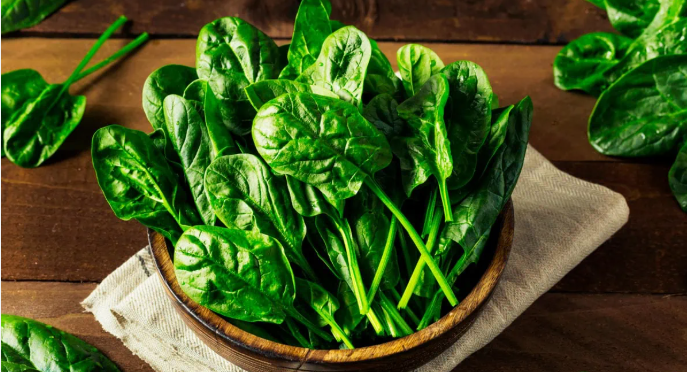For those navigating a lung cancer diagnosis, focusing on nutrition can be a comforting and empowering step. While medical treatment is the cornerstone of your care, a diet rich in anti-inflammatory foods can help support your body, manage symptoms, and promote overall wellness. Chronic inflammation is a key factor in many diseases, and using food to help soothe it can be a powerful act of self-care.
Important Note: This article is for informational purposes only and is not a substitute for professional medical advice. Always consult your doctor or a registered dietitian before making significant changes to your diet, as your needs may have changed due to treatment.
Here are 9 anti-inflammatory foods that can become valuable allies in your journey.
1. Fatty Fish: Rich in Omega-3s
Salmon, sardines, and mackerel are packed with Omega-3 fatty acids. These healthy fats are some of the most powerful anti-inflammatory compounds found in nature. By regularly including fatty fish in your diet, you are helping to reduce systemic inflammation and support your body’s health.
2. Berries: Tiny Antioxidant Powerhouses
Blueberries, raspberries, and strawberries are vibrant and delicious sources of antioxidants. These compounds help fight against cellular damage caused by inflammation. Think of them as tiny guardians, protecting your body from the inside out.
3. Turmeric: The Golden Spice
This golden spice, widely used in curries, contains a compound called curcumin. Curcumin is known for its potent anti-inflammatory properties and has been studied for its potential to help with a wide range of conditions. Adding a pinch of turmeric to your cooking is a simple but powerful act of self-care.
4. Leafy Greens: Your Vitamin-Packed Helpers
Spinach, kale, and collard greens are excellent sources of vitamins, minerals, and antioxidants that help reduce inflammation. They provide the essential nutrients your body needs to rebuild and maintain its strength.
5. Ginger: A Root with Healing Properties
Ginger has been used for centuries to soothe the body. Its main active compound, gingerol, has strong anti-inflammatory and antioxidant effects. It can be particularly helpful for managing nausea, a common side effect of some treatments.
6. Cruciferous Vegetables: The Detox Supporters
Vegetables like broccoli, cauliflower, and cabbage contain unique compounds that support the body’s natural detoxification pathways. By helping your body process and eliminate toxins, you can reduce inflammation and support overall cellular health.
7. Tomatoes: A Source of Lycopene
Tomatoes are rich in lycopene, a potent antioxidant that gives them their red color. Lycopene has been shown to reduce inflammation and support cellular health. Cooking tomatoes, like in a soup or sauce, can make the lycopene even more available for your body to use.
8. Grapes: The Resveratrol Resource
Especially in the skin of red and purple grapes, you can find resveratrol, a powerful antioxidant. Resveratrol is known for its ability to fight inflammation and support cardiovascular health, making grapes a delicious and nutritious snack.
9. Nuts and Seeds: Healthy Fats and Fiber
Almonds, walnuts, and flax seeds are excellent sources of healthy fats, fiber, and Vitamin E, all of which have anti-inflammatory properties. They are easy to add to meals and snacks, providing essential nutrients that support your body’s recovery.
Conclusion: Nurturing Your Body and Spirit
Taking an active role in your nutrition is a compassionate way to care for yourself. By focusing on these anti-inflammatory foods, you are providing your body with powerful tools to support your medical treatment and nurture your overall well-being.



